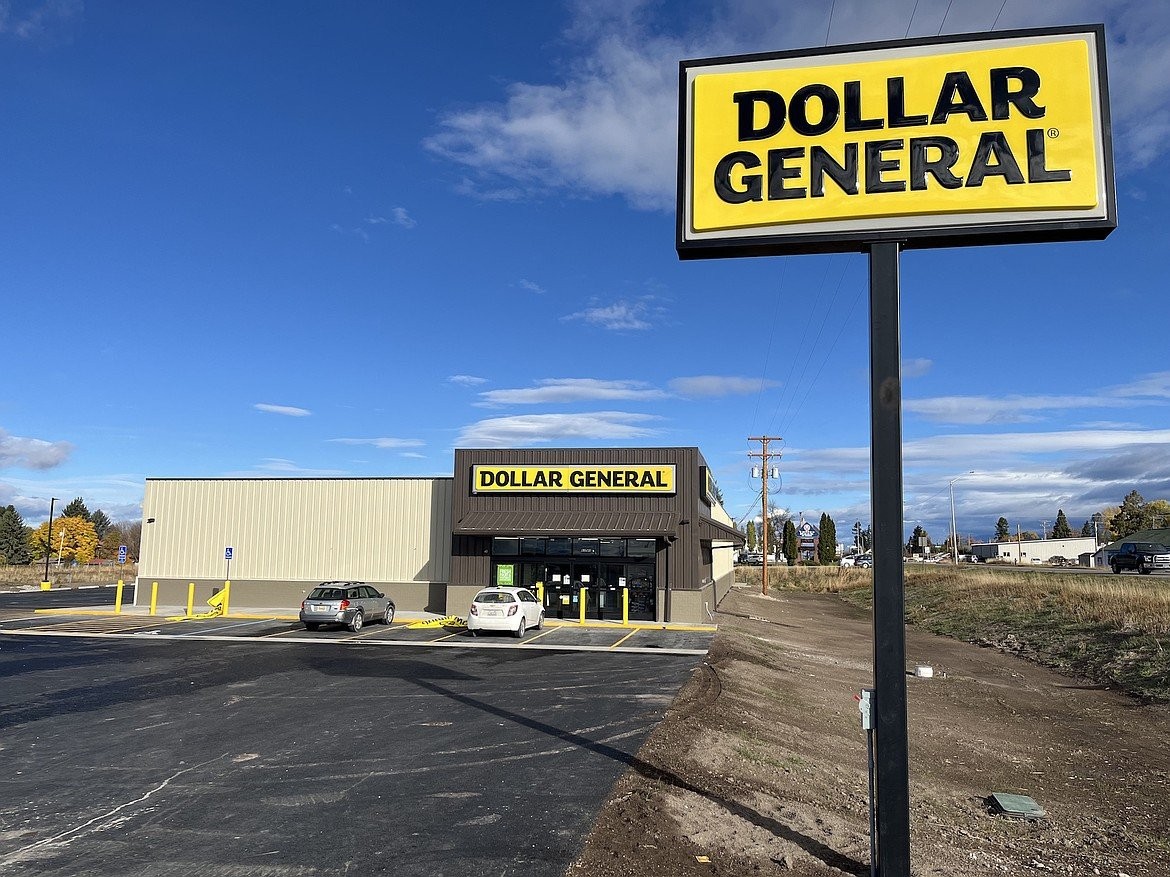
The quiet town of Washington, Maine, population under 2,000, finds itself at the center of a familiar American struggle - the battle between local businesses and corporate retail chains. As Dollar General plans to open a 4,000-square-foot store in town, residents are pushing back against what they see as a threat to their community's character and economic independence.
"We don't want a corporate, faceless box store coming in with no stake in our community," says local resident Kathleen Gross, echoing concerns shared by many in Washington.
Sean and Amy Donaghy, owners of the Washington General Store, have witnessed firsthand how their establishment serves as more than just a retail space. "Someone will come in and brighten my day, or I'll brighten theirs just by a conversation," Sean explains. "It builds relationships."
The impact of big box stores extends far beyond simple retail competition. According to a 2023 Institute for Local Self-Reliance report, dollar stores often lead to the closure of local grocers and retailers, reducing access to fresh food while draining wealth from local economies.
Yet Dollar General continues its aggressive expansion, with over 18,000 locations nationwide and plans for 51,000 stores in coming years. The company often receives substantial government support through tax breaks and subsidies. In Haven, Kansas, taxpayers covered nearly half of a Dollar General's $72,000 utility bill - equivalent to the town's annual library and pool operating costs.
Communities are fighting back. Since 2019, at least 75 localities have blocked proposed dollar stores. Cities like Birmingham, Alabama and Fort Worth, Texas have enacted restrictions on where these stores can open. Stonecrest, Georgia implemented a complete ban on new dollar store developments.
Some small businesses have found ways to adapt. Mike's Hardware in New Orleans carved out a niche by offering specialty items and expert service unavailable at big box retailers. However, many local shops struggle against corporations that benefit from tax advantages and government incentives unavailable to small businesses.
The battle continues in Washington, Maine, where residents recently approved a six-month pause on large commercial developments. As local leaders weigh their options, the stakes remain high. When Dollar General opened in Haven, Kansas, it eliminated all other local stores within three years.
For many small towns, the choice between big box convenience and local character may shape their economic futures for generations to come. As Washington resident Jeffrey Knox puts it: "We want our money to stay local, and we like to invest in each other and our community."